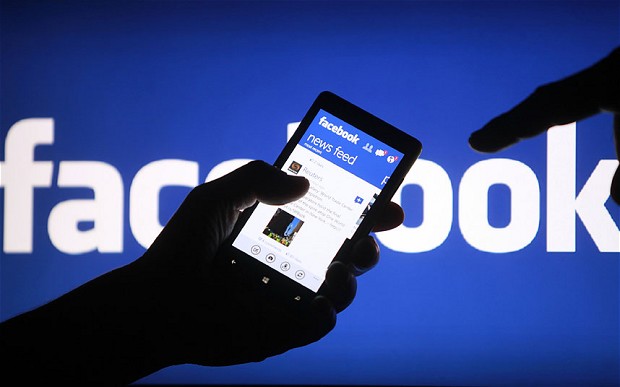Given the shock and surprise that a sizeable portion of the country experienced following the results of the 2016 US presidential election, questions arose concerning the media’s coverage of both parties’ campaign efforts. While the 24/7 news channels were easy to pick apart, conversation quickly honed in on social media channels — specifically, how a majority of Americans now go to sites like Facebook, Twitter, etc. for news, and without fact-checking the stories they read against actual source material.

This behavior has been taken advantage of by a growing number of fake news sites, which publish content and media specially designed to draw clicks and deliver ads. While this might seem like a modern-day form of the National Enquirer, the problem is that this business practice has been strengthened by algorithms recently implemented by the actual social media channels, which are designed to review a user’s social media behavior and deliver content only deemed most relevant; information that relates to what a user has liked, viewed, retweeted, etc. The result is a so-called “echo-chamber”, filled with content biased to a user’s beliefs and interests.
As these biases are collectively realized, whether it’s through a series of viral stories, or a news trend that appears in a particular social media channel, these fake news sites quickly generate similar content, not based on fact but rather, for the sole purpose of encouraging clicks and delivering ad impressions.
Facebook CEO Mark Zuckerberg has done his best to downplay his company’s role in this troubling trend; however, despite his talking points, scrutiny of the site is intensifying. So much so, in fact, that according to Buzzfeed News, a few dozen Facebook employees have created an unofficial task force dedicated to addressing the issue head on.
“[Mark Zuckerberg] knows, and those of us at the company know, that fake news ran wild on our platform during the entire campaign season,” said one member of the task force who asked to remain anonymous for fear that he / she might lose their job.
Vice’s Motherboard, meanwhile, has published the efforts of Melissa Zimdars, an assistant professor of communication and media at Merrimack College. Ms. Zimdars has been working on a list of websites known to have published articles with false information in it. The goal in her doing this is to teach students about journalism and media literacy. Popular sites ranging from Breitbart to The Blaze to UpWorthy are included, along with sites that masquerade as real media outlets, including MSNBC.com.co and ABCnews.com.co. Also rated are sites that are entirely satire, including The Onion and ClickHole. You can read the list in its entirety, along with an explanation of her approach, here.
Ms. Zimdars cites visual cues such as poor web design, headlines meant to incite an emotional reaction, anything written in all caps, and a community-section of bloggers posting under the banner of “news outlets” as being easy tells for fake news.
She says that in order to combat the wave of fake news flourishing in the various social media channels, one must read or listen to a bevy of news sources, and be widely informed. She cites The New York Times, The Washington Post, The Boston Globe, and The Wall Street Journal among the outlets she sees as most trustworthy. She does point out, though, that each one of these outlets does sometimes “rely on particular media frames to report stories and select stories based on different notions of newsworthiness.” That is, they too, sometimes create content within a certain sensational framework, if you will.
This past Monday, Google announced it would begin making a concerted effort to prevent fake news sites from making money through advertising. Shortly after the announcement, Facebook followed suit, making a similar restriction on the use of its ad network too.
Via Motherboard and BBC
Advertisement
Learn more about Electronic Products Magazine





